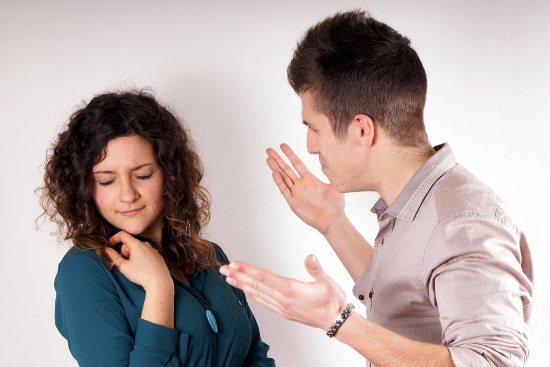When someone talks about domestic assault, there is an assumption that physical abuse is involved. But that is not always the case. Sometimes domestic assault has absolutely nothing to do with being physically beaten or battered.
Domestic assault can also be emotional, financial, sexual and sometimes psychological abuse. There is one thing that almost all types of domestic assault have in common: they result in helplessness and a degree of self-doubt that keeps someone captive in a relationship and robs them of feeling secure, safe and free.
Since domestic assault is not always about physical pain, knowing and spotting the signs of it can become problematic. There are different signs that someone is being abused and they might not even be aware of it themselves.
That is what makes it so difficult to get people, the help they need to escape the victimization they endure and to save them from a hopeless existence, and to punish those who abuse their domestic partner.
That is why so many cases of domestic assault go unreported. When people are in an abusive relationship, they often take the blame themselves make excuses for their significant other.
The problem is that domestic violence typically escalates over time. Even if it isn’t physical in nature at the start, over time things will continue to get more violent and out of control.
When children watch domestic violence, they are also likely to continue the cycle in their own future relationships, which is one reason putting a stop to it is so imperative.
Physical Abuse
Physical abuse is one of the most obvious and recognizable forms of domestic assault. It is when someone uses force against another victim such as kicking, hitting, or even stabbing their domestic partner.
Any injury sustained when someone uses force against you is considered assault.
Emotional Abuse
Emotional abuse is much tougher to recognize and to measure. It happens when your domestic partner systematically destroys your self-worth or self-esteem by using things like intimidation, insults, or making you feel inferior.
Common in most unhealthy relationships, it is typically not enough to call in the authorities, unless it results in one partner doing things through coercion that are abusive.
Also, if it is persistent enough to cause harm to the partner, then it may become considered domestic abuse. In most cases, emotional abuse is combined along with physical abuse and leads to violence.
Sexual Abuse
Sexual abuse is a form of domestic assault. It not only includes rape and sexual assault, but also sexual harassment. Sexual harassment can encompass unwanted sexual advances, touching, or demeaning sexual treatment.
Many who are sexually harassed are completely unaware that the treatment they receive is illegal and typically do not pursue legal options or law enforcement.
Also included under sexual abuse is “reproductive coercion”, which is when your partner forces you to not use protection when having sexual intercourse.
Check: How to Deal With the Effects of Sexual Assault or Rape?
Financial Abuse
Another type of domestic assault is financial abuse. It is when one partner uses the control of finances to coerce the other into doing things.
Although it’s extremely common, it isn’t something that many people understand is abusive within a relationship. Using financial means to control your partner is an under-reported abuse, but it’s highly common in most abusive relationships.
Psychological Abuse
Psychological abuse can encompass any behavior that has the intention of altering someone’s state of mind in order to control their behaviors and actions.
It can be anything from disapproval to manipulation of your partner’s daily life. A very powerful tool, the scars that come from psychological abuse can be deep and long-lasting.
When many people think about domestic assault they think about physical abuse, but that is only one way that people are assaulted within a bad relationship. The laws are different according to the state, but in general, there are protections for any partner that is being abused by any means in a bad relationship.
Final Word
You don’t need to hire one famous domestic violence lawyer, but the key is to consult a lawyer you trust, and confide in your belief that you are being abused. Find out your rights and the laws of the state you live in. No one should live in fear or in a destructive relationship. Domestic abuse is against the law, period.
